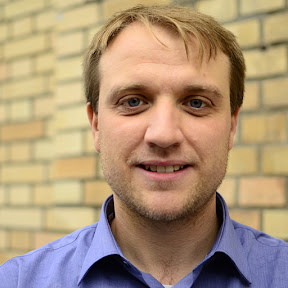P. Dourish, “What we talk about when we talk about context,” Personal Ubiquitous Comput., vol. 8, no. 1, pp. 19–30, 2004. [PDF]
——–
An interesting conceptual article on the different theories about context. The author basically argues that we should avoid defining context as a status, a static entity (as in the positivist approach). Rather, the author argues that context could be defined within the interaction of agents in the communities of practices:
a. context is a relational property;
b. the scope of contextual properties are defined dynamically;
c. context is an occasioned property, relevant to particular settings, particular instances of actions, and particular parties to that actions;
d. context arises from the activity.
The central concern of context is with the question: how and why, in the course of their interactions, do people achieve and maintain a mutual understanding of the context for their actions?
The meaning of a technology, then, cannot be divorced from the ways that people have of using it. We see this in two points: a. people often find ways of using technology that are unexpected or unanticipated; b. even when technology conform to expectations, the meaning of the technology for those who use it depends on how generic features are particularized, how conventions emerge. The implications are well explained by Dourish:
the major design opportunity concerns not use of predefined context within a ubiquitous computing system, but rather how can ubiquitous computing support the process by which context is continually manifest, defined, negotiated, and shared? Ubiquitous computing technologies extend the reach of computation into the everyday world, and that world is one in which, through our everyday practice, we enact, sustain, and reproduce new forms of social meaning. The meaning itself may, by definition, be something that can never be removed from the social world and encoded in the technical. Nonetheless, though, technology plays a critical role in the evolution of meaning within communities of practice.
